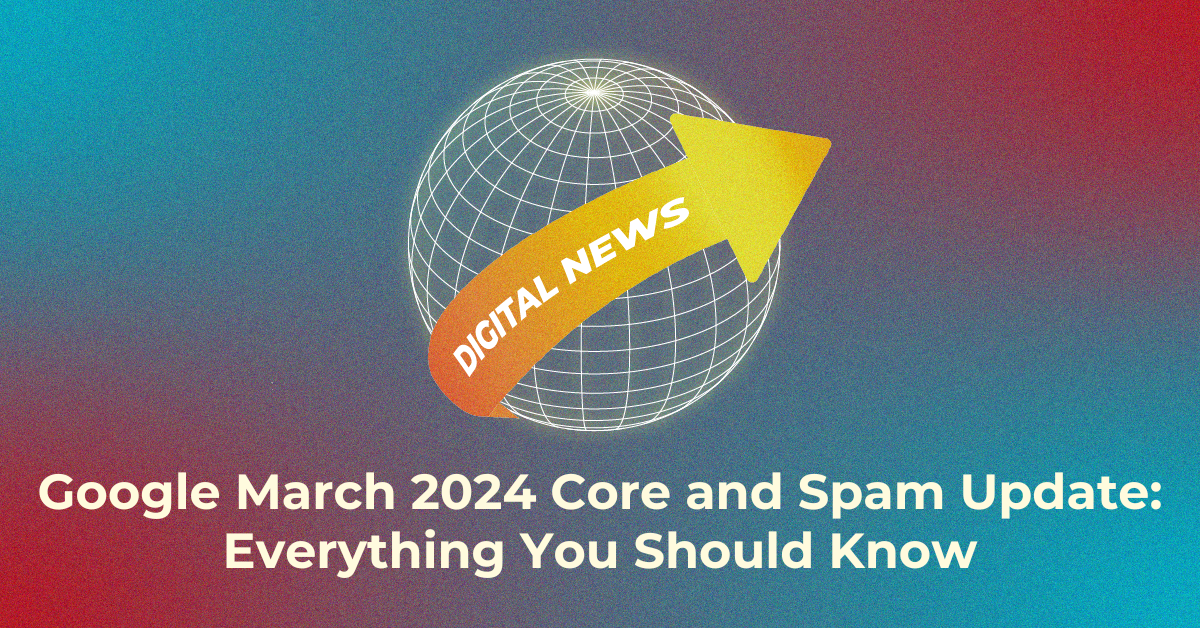Research marketers share their views on the December 2020 Google Core Algorithm Update. The sights offer interesting feedback on what must have happened. Google updates have frequently been less about ranking factors and more about developing how queries and web pages are understood.
Some have given the opinion that Google is randomising search results to trick those who try to transpose engineer Google’s algorithm. Some of the algorithm’s features are difficult to identify in the search results. It’s not easy to point at a search result and assume it is ranking because of the BERT algorithm or Neural Matching.
The Search Engine Results Pages may look complicated and random to those who examine the SERPs for traditional old school ranking factors to justify why pages are ranking or why they have dropped in an update.
Of course, Google Updates may appear to be mysterious. Because the web page rank has drastically improved over the past few years due to technologies like natural language processing.
Insights into Google December 2020 Core Update
Dave Davies (@oohloo)- Beanstalk Internet Marketing:
Dave views this update in the connection of what Google has said was arriving soon to the algorithm and how that may perform a role in the variations.
“The December 2020 Core Update was a unique one to watch roll out. Many sites we work with started with losses and ended with wins, and vice-versa.
So clearly it had something to do with a signal or signals that cascade. That is, where the change caused one result, but once that new calculation worked its way through the system, it produced another. Like PageRank recalculating, though this one likely had nothing to do with PageRank.
Alternatively, Google may have made adjustments on the fly or made other changes during the rollout, but I find that less likely.
If we think about the timing, and how it ties to the rolling out of passage indexing and that it’s a Core Update, I suspect it ties to content interpretation systems and not links or signals along those lines.
We also know that Core Web Vitals are entering the algorithm in May of 2021 so there may be elements to support that in the update, but those would not be producing the impact we’ve all been seeing presently given that Web Vitals should technically be inert as a signal at this stage so, at the very least, there would be more to the update than that.
As far as general community reaction, this one has been difficult to gauge past “it was big.” As one can expect in any zero-sum scenario, when one person is complaining about a loss, another is smiling all the way up the SERPs.
I suspect that before the end of January it’ll become clear exactly what they were rolling out and why. I believe it has to do with future features and capabilities, but I’ve been around long enough to know I could be wrong, and I need to watch closely.”
Steven Kang, founder of the popular SEO Signals Lab Facebook group, writes that nothing seems to stand out in terms of commonalities or traits between the winners and losers.
“This one seems to be tricky. I’m finding gains and losses. I would need to wait more for this one.”
Daniel K Cheung (@danielkcheung) – Team Lead, Prosperity Media:
Concludes that it’s helpful to go backward and see Google updates from the big map view rather than looking at the latest update.
“I think we as Search/Discoverability people need to stop thinking about Core Updates as individual events and instead look at Core Updates as a continuum of ongoing tests and ‘improvements’ to what we see in the SERPs.
So when I refer to the December core update, I want to stress that it is just one event of many.
For example, some affiliate marketers and analysts have found sites that were previously ‘hit’ by the May 2020 update to have recovered in the December rollout. However, this has not been consistent.
And again, here is the problem, we can’t talk about sites that have won or lost because it’s all about individual URLs.
So looking at pure visibility across an entire website doesn’t really give us any clues.
There are murmurs of 301 redirects, PBNs, low-quality backlinks and poor content being reasons why some sites have been pushed from page 1 to page 6-10 of the SERPs (practically invisible).
But these practices have always been susceptible to the daily fluctuations of the algorithm.
What’s been really interesting throughout 2020 is that there have been very few reports of manual penalties within GSC.
This has been eerily replaced with impression and click graphs jumping off a cliff without the site being de-indexed.
In my humble opinion, core updates are becoming less about targeting a specific selection of practices, but rather, an incremental opportunity for the algorithm to mature.
Now, I’m not saying that Google gets it right 100% of the time – the algorithm clearly doesn’t, and I don’t think it ever will.”
Cristoph Cemper (@cemper) – CEO, LinkResearchTools:
Views the latest update as having an impression on a wide range of factors.
“High level, Google is adjusting things that have a global impact on core updates. That is:
-
Weight ratios for different types of links, and their signals
I think the NoFollow 2.0 rollout from Sept 2019 is not completed, but tweaked. I.e. how much power for which NoFollow in which context. -
Answer boxes, a lot more. Google increases its own real estate
-
Mass devaluation of PBN link networks and quite obvious footprints of “outreach link building.” Just because someone sent an outreach email doesn’t make a paid link more natural, even if it was paid with “content” or “exchange of services.”
What Occurred in Google December 2020 Core Update?
The views on what happened in Google’s core algorithm update fluctuates. Most spectators seem to accept that no clear factors or modifications appear to stand out. And that is an exceptional comment because it could imply that something relevant to AI or Natural Language Processing was improved or injected. But that’s just a thought until Google clarifies.
Popular Searches
How useful was this post?
0 / 5. 0

















